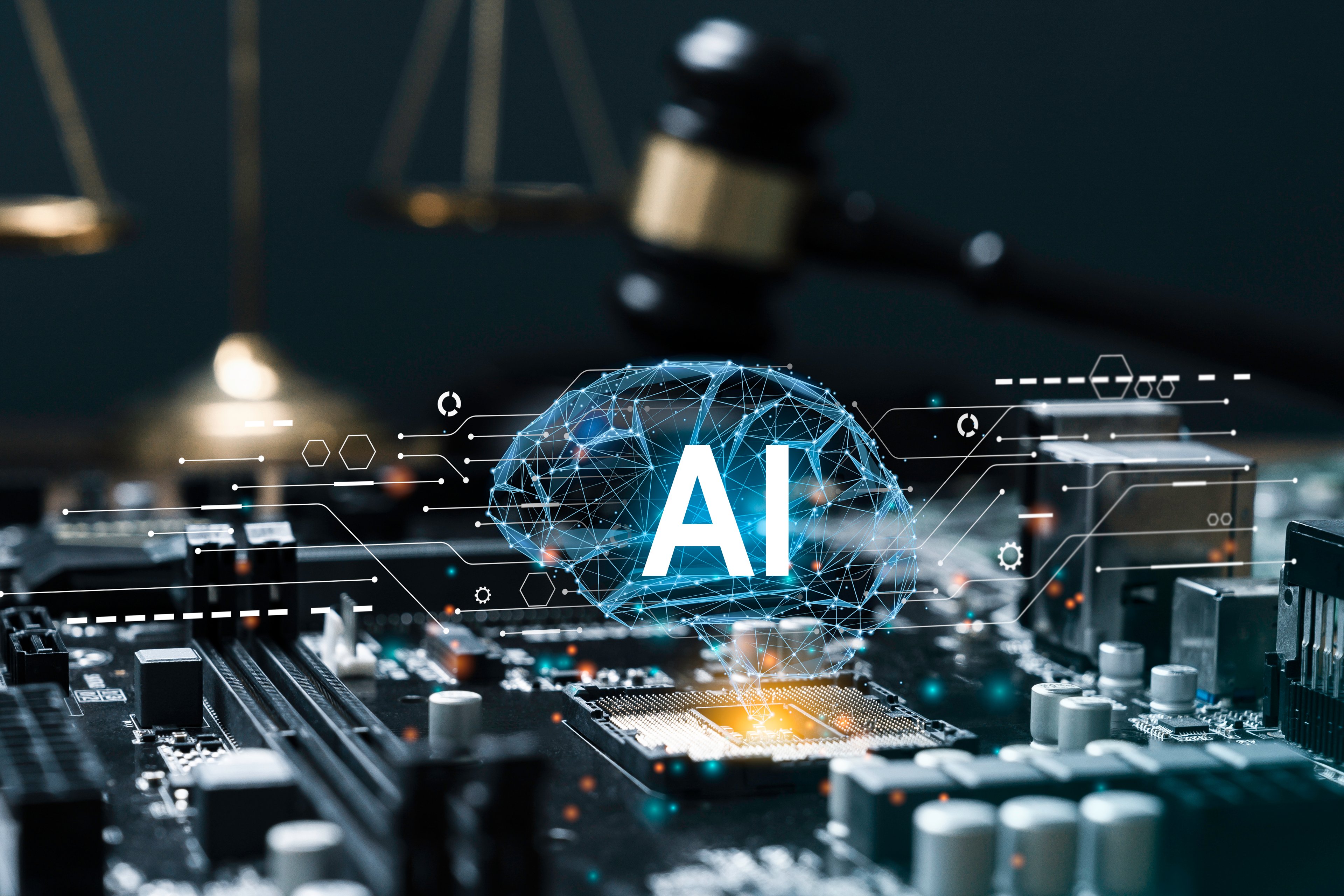Since its founding as a company, Google (GOOG 0.68%) (GOOGL 0.79%) has made funding big picture ideas, even those that may never contribute to the bottom line, a priority. These "moonshots" involve heavy investment in projects that may never pan out into real business initiatives.
It is not the way a company, especially a publicly traded one, traditionally operates. Moonshots are not simply research and development. In many cases, they are pie-in-the-sky experiments that may better humanity without bettering the balance sheet.
Google Glass, the driverless car project, and a number of other initiatives -- not all publicly known -- are under the division headed by company co-founder Sergey Brin. The executive took the unusual step of defending these moonshots in a letter to shareholders.

The Google driverless car. Source: Google
What Brin said
In the letter, Brin explained that Google was founded on the idea of not just making money but also making the world better. He made it clear that what has become moonshots were something he and Larry Page had baked into the company DNA:
We shared a profound belief in the power of technology to make life better for people everywhere and imagined what life could be like 10, 15, 20 years down the road. Nevertheless, now that we are here, I am amazed at the progress and opportunities. For example, I could not have imagined we would be making a computer that fits in a contact lens, with the potential to make life better for millions of people with diabetes.
Yet, this is something we are working on today.
The search giant currently has a glucose-sensing contact lens that is being developed in partnership with Novartis. The lens uses a a tiny chip, consuming power measured in nanowatts, which is embedded into the lens to monitor glucose levels continuously.
Google did not specifically set out to develop that technology, but its constant research efforts, coupled with changes in the industry, led to the breakthrough:
This technology, and others like it being developed today, was made possible through continued improvements in electronics and the ever-accelerating pace of technological progress. As computers get smaller, cheaper, and more powerful, their potential gets larger and the world is transformed.
Brin wrote that Google's success was created by changes in technology and its growth going forward would be powered by the same:
Just as advancements in miniaturization and power consumption have made the contact lens possible, it was similar progress in computing power and cost that allowed us to create comprehensive search, and make it accessible to anyone with an Internet connection. It was the right time for search to become a universally available tool for bringing all the world's information to your home, to your school, to your pocket. These advances also made it possible to provide enterprise class email, featuring vast storage and search capabilities, to anyone in the world-for free; that's why we created Gmail.
He said those advances continue today, allowing the company to develop new, free products that would have been impossible -- or at least expensive -- in the past:
If you fast-forward to today, we recently harnessed continued improvements in storage cost and machine learning to create Google Photos, which lets everyone in the world safely keep, and search through, a lifetime of photos and videos.
Not all of the products Brin mentioned were moonshots, but it is very clear he believes that the company must continue pursuing research even if it does not bear financial fruit.
The future is unknown
Google is the rare company that not only can afford to research and invest in something as seemingly absurd as a driverless car but is also big enough to make it successful. Brin may push research for its own sake, but the reality is that Google has an almost unique ability to monetize projects that would seem like mad scientist folly if other companies tried them.
On the surface, they may seem like a waste of resources, but it is really just a long-term R&D plan in which many projects will fail, but the ones that succeed could truly change the world.
It is hard to see how that won't be good for Google and its shareholders.









